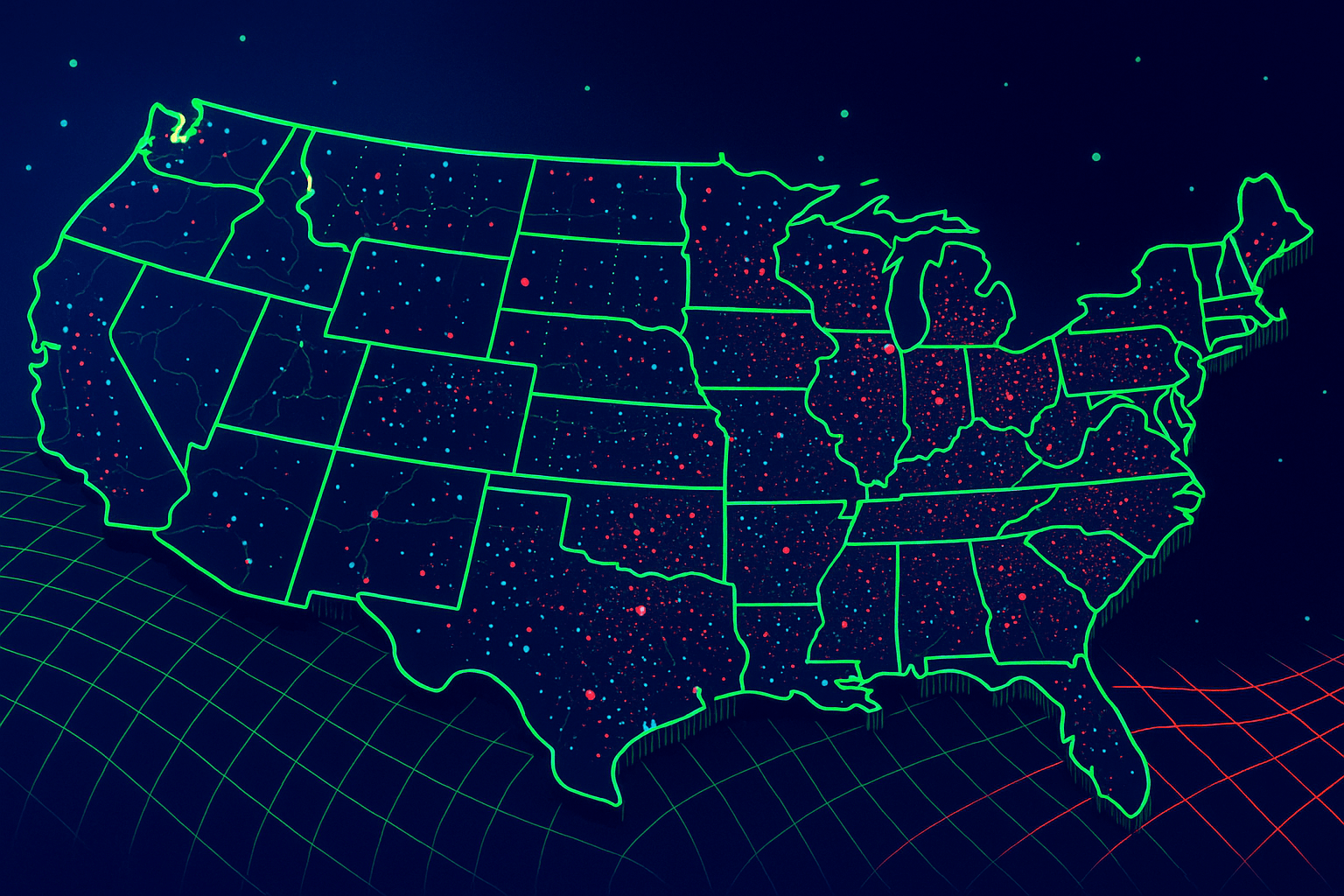According to Forbes, the AI startup Cognition is negotiating with investors for funding of over 300 million US dollars at a valuation of 10 billion US dollars. Founders Fund and Khosla Ventures are among those involved. As recently as March, Cognition was valued at 4 billion US dollars, led by 8VC, the company of Palantir co-founder Joe Lonsdale. According to a source, the talks have not yet been finalized. Cognition is known for its programming agent Devin and recently acquired the rest of the AI coding start-up Windsurf after its founders unexpectedly switched to Google and OpenAI's planned takeover fell through.
Cognition, the AI startup behind the Devin coding agent, is reportedly in talks with investors to raise over $300 million at a $10 billion valuation, according to Forbes. Investors involved include Founders Fund and Khosla Ventures. Just in March, Cognition was valued at $4 billion in a round led by 8VC, the venture firm founded by Palantir co-founder Joe Lonsdale. The current negotiations are not yet finalized.
Cognition recently acquired the remaining assets of Windsurf, another AI coding startup, after Windsurf's founder unexpectedly joined Google and a planned acquisition by OpenAI fell through.




